Where do you see yourself in five years? It's a standard job interview question, but it's an even better question to ask yourself about your relationship.
The person you talk to, date, move in with, get engaged to, marry, break up with or divorce – it's all up to you. You're in the driver's seat regarding your relationship's trajectory.
Most of the time, you probably cruise along on autopilot, maintaining the status quo. Every once in a while, though, something disrupts that equilibrium and you seriously ponder your relationship's fate.
At some point, most people find themselves facing the complicated decision of whether to stick with it or call it quits. While there's lots to consider when you're pondering your own situation, maybe it would be helpful to know how others deal with these important life decisions. Recent research, including my own in the field of relationship science, has explored how people make these choices.
Factors when weighing a relationship
It feels as if there could be as many reasons someone would decide to maintain or end a relationship as there are relationships.
To learn more about what people actually consider, psychology researchers Samantha Joel, Geoff Macdonald and Elizabeth Page-Gould asked over 400 individuals who were questioning their own relationship: "What are some reasons someone might give for wanting to stay with or leave their romantic partner?"
Out of all the specific circumstances, 50 common themes emerged.
People came up with 27 broad reasons for staying. These focused on key relationship components such as attraction, physical and emotional intimacy and support. People were reluctant to lose the time and effort they had already invested and were fearful of being alone. They considered pluses, such as the desirable aspects of their partner's personality and how much fun they had together. They also factored in practical issues, including potential family disruption and financial implications.
Participants also suggested 23 general reasons to leave. These included many of the same themes as the reasons to stay, but focused on the negative side – things like a partner's problematic personality, acts of deception or cheating, emotional distance, lack of support and insufficient emotional or physical intimacy.
So many reasons, but what to do?
Listing these themes is one thing. How do individuals factor them into real-life decisions of whether to stay or go? To find out, the researchers did a follow-up study with over 200 people who were contemplating breaking up or getting a divorce.
Roughly half of these participants reported feeling, on balance, more inclined to stay in the troubled relationship. That makes sense – inertia is powerful. Staying often takes the least effort.
However, those same exact people simultaneously had an above-average inclination to leave, meaning they rated themselves as leaning toward breaking up. See the problem? Participants were motivated to stay with their partner at the same time they were motivated to end things. And this ambivalence was very common.
That relationship doubts are so common and people are often conflicted about what to do are what make this kind of research potentially helpful. It lends some order to the chaos by helping to identify what's most important.
A long and winding road
Relationship decisions are rarely as clear cut as "should I stay or should I go?" Instead, people experience subtle shifts in their commitment that build up over time. What contributes to these variations in commitment?
Relationship researchers Laura Machia and Brian Ogolsky sought to find out by interviewing participants in stable relationships. At each of eight monthly interviews, 464 participants indicated how serious their relationship was by rating how likely it was they'd marry their current partner – "0% if they were certain they would never marry their partner or never thought about marriage, and 100% if they were certain they would marry their partner in the future." Each time their "commitment to wed" percentage shifted from one interview to the next, researchers asked why.
Participants expressed a lot of reasons for commitment fluctuations – 13,598, to be exact. The researchers distilled them down to 14 key themes. The most influential reasons were positive and negative characterizations of the partner and relationship. These included direct statements about the partner – such as "he was fun, considerate and kind" – or about them as a couple – such as "we were drifting apart." As you'd expect, positive statements related more to increased commitment, while negative statements were associated with declines.
The next-most-mentioned reason was circumstances – unforeseen events or experiences such job loss, a partner becoming ill or needing to move. Interestingly, this kind of life change could either increase or decrease an individual's commitment to the relationship. This finding is further evidence that events by themselves – say, a worldwide pandemic – aren't the sole determinant of a relationship's fate. A couple's existing dynamics play a large role too.
Out of all the possible reasons that nudged people up or down the commitment scale, there was one that stood out as actually predicting whether a couple would break up: cheating. As much as other factors made people feel more or less likely to consider marriage, involvement with another dating partner was the one true relationship-killer.
In the other direction, the study also identified one factor that increased commitment and pushed relationships closer toward marriage: positive disclosure. That's what psychologists call it when you share information with each other that encourages positive feelings, which in turn supports your relationship. Think exchanging stories about your childhoods, getting to know each other on a deeper level, or sharing good news. These kinds of disclosures strengthen relationships.
Love is a decision – and rarely clear cut
Relationships are complicated, and no one knows for sure what the future holds. It's hard to know what the best decision is if you're thinking about whether to stay with a partner or move on. The best relationships have their issues, while the worst relationships still have their virtues.
While you don't want to get stuck with an awful partner, you also don't want to be unnecessarily harsh on what could be a great relationship. Maybe knowing what others consider important factors can help you make your own best choice.
This article was originally published in the Conversationpublished in the Conversation. You can read it here.

















 An octopus floating in the oceanCanva
An octopus floating in the oceanCanva


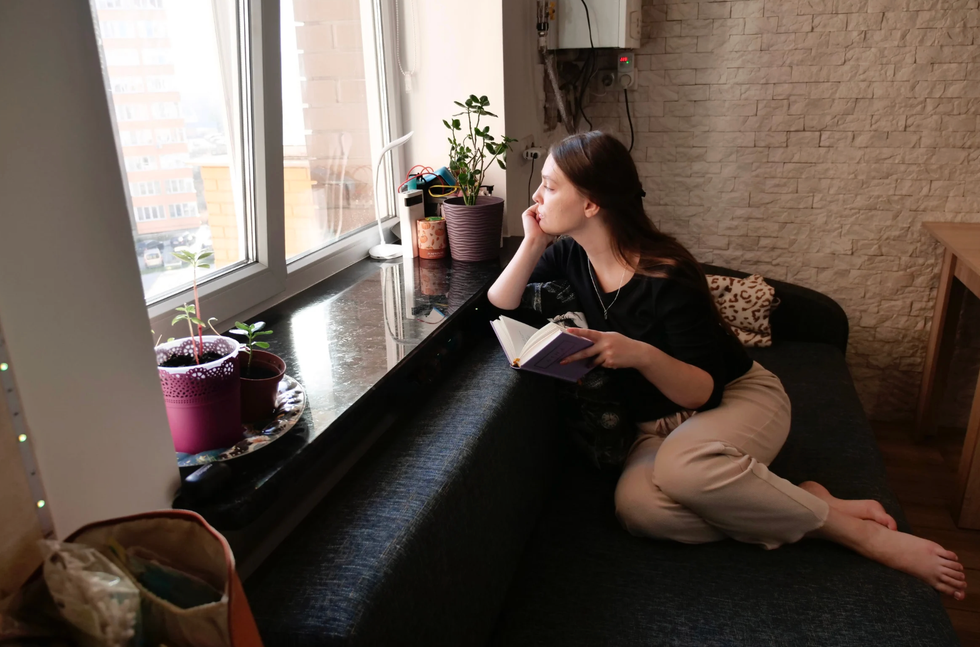 A woman relaxes with a book at homeCanva
A woman relaxes with a book at homeCanva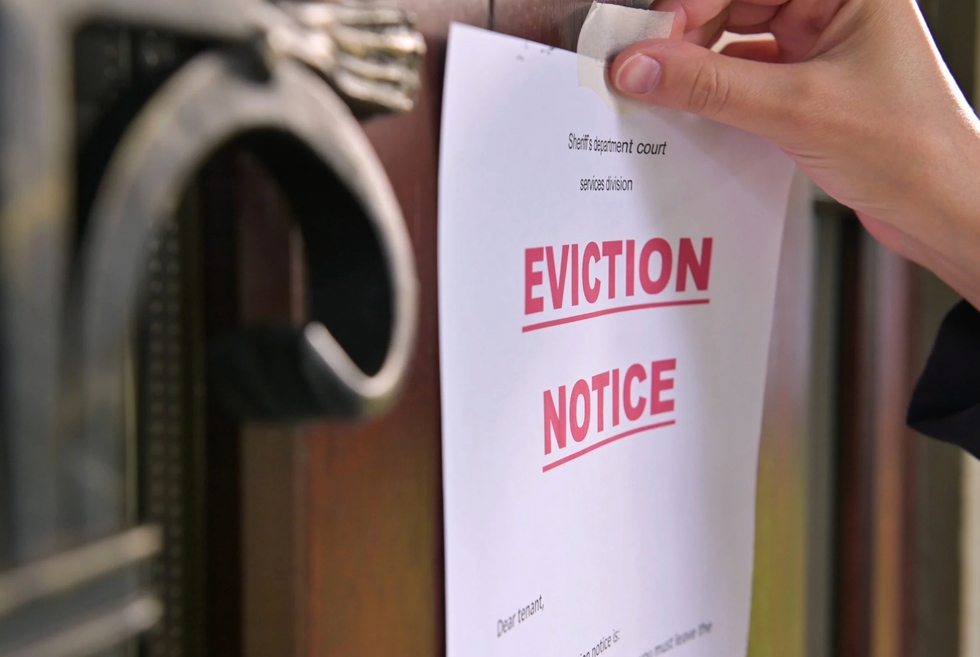 An eviction notice is being attached to a doorCanva
An eviction notice is being attached to a doorCanva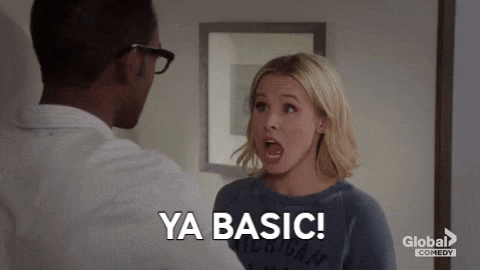 Gif of Kristen Bell saying 'Ya basic!' via
Gif of Kristen Bell saying 'Ya basic!' via 
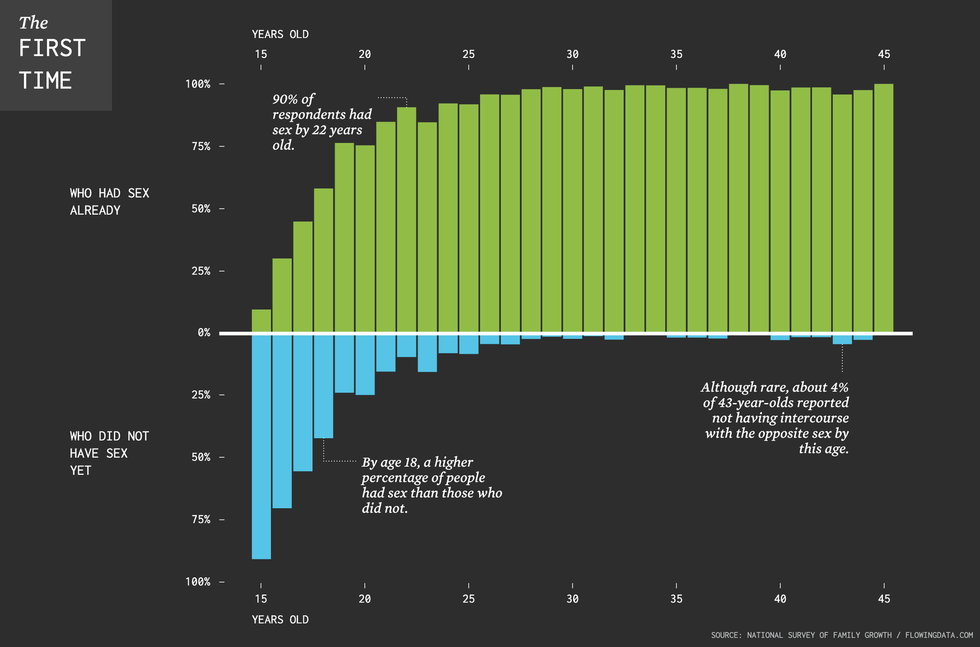 The chart illustrates that between ages 16 and 20, roughly half the population loses their virginity. By age 22, 90% of the population has had sex.
The chart illustrates that between ages 16 and 20, roughly half the population loses their virginity. By age 22, 90% of the population has had sex. A group of young people hold their phonesCanva
A group of young people hold their phonesCanva
 (LEFT) Judy Garland as Dorothy Gale and (RIGHT) Ray Bolger as Scarecrow from "The Wizard of OZ"CBS/
(LEFT) Judy Garland as Dorothy Gale and (RIGHT) Ray Bolger as Scarecrow from "The Wizard of OZ"CBS/ 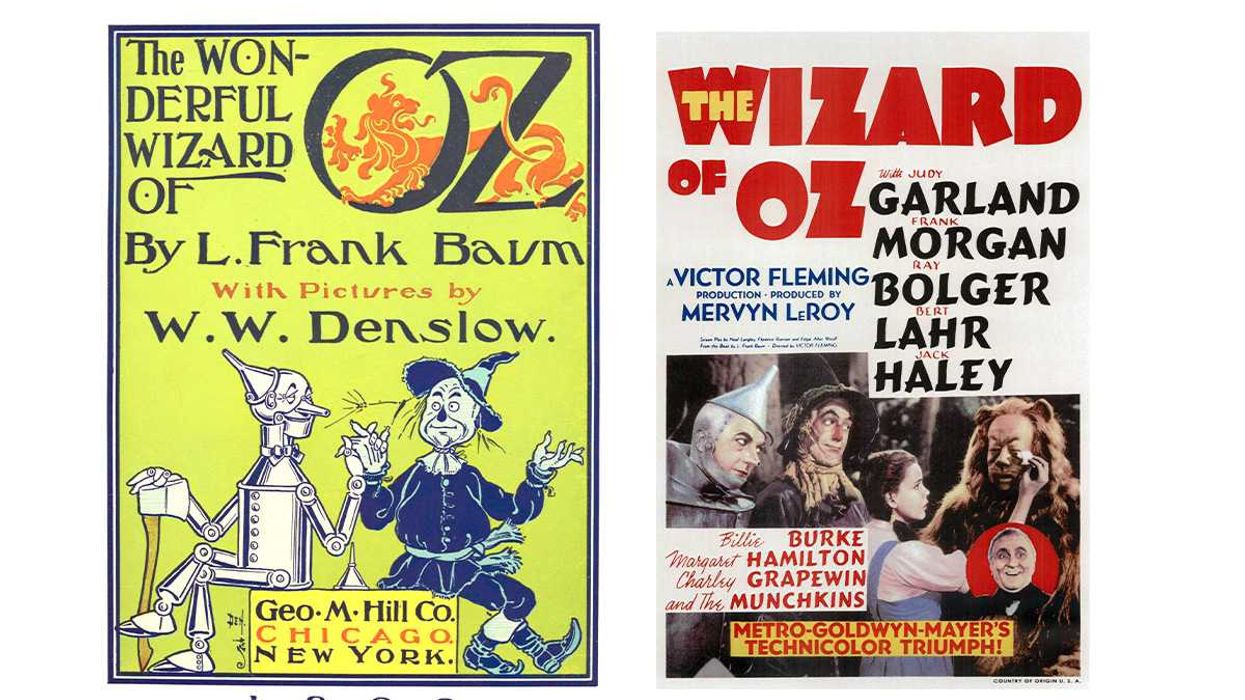 (LEFT) The Wonderful Wizard of Oz children's novel and (RIGHT) The Wizard of Oz movie poster.William Wallace Denslow/
(LEFT) The Wonderful Wizard of Oz children's novel and (RIGHT) The Wizard of Oz movie poster.William Wallace Denslow/ 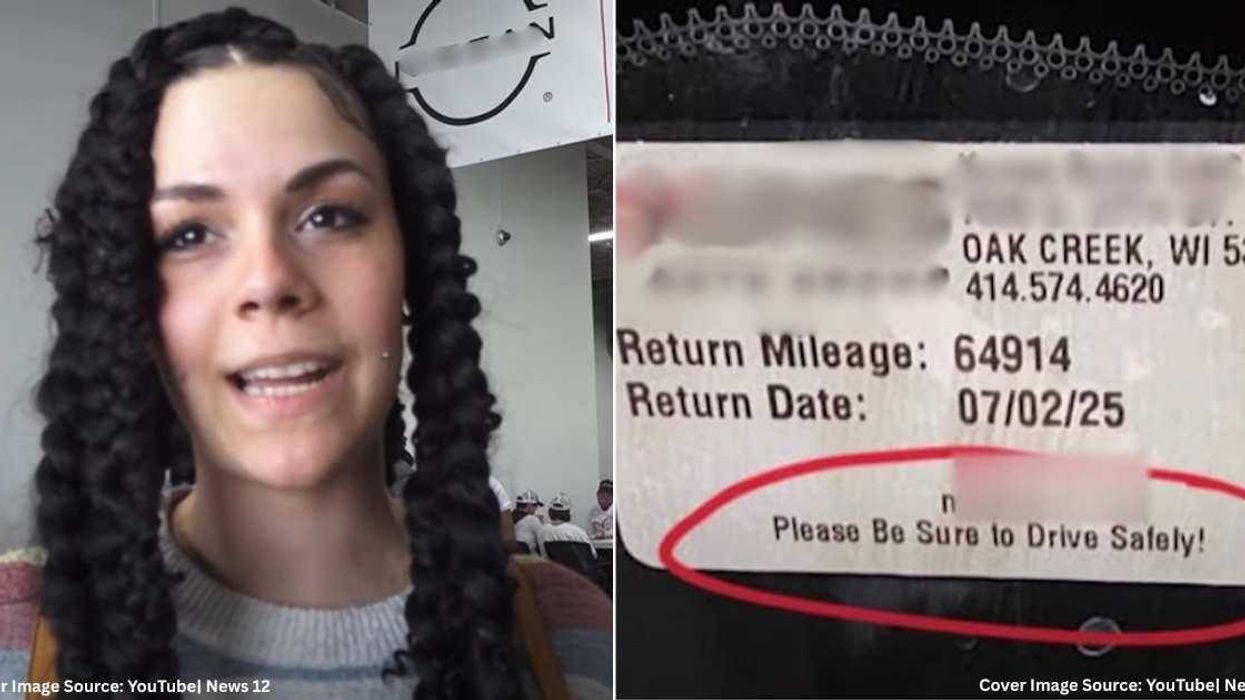
 A frustrated woman at a car dealershipCanva
A frustrated woman at a car dealershipCanva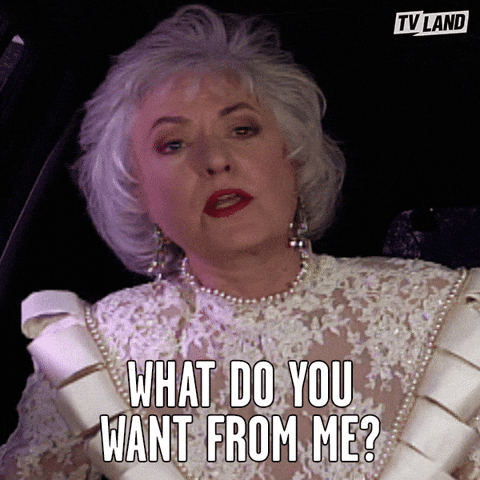 Bee Arthur gif asking "What do you want from me?" via
Bee Arthur gif asking "What do you want from me?" via